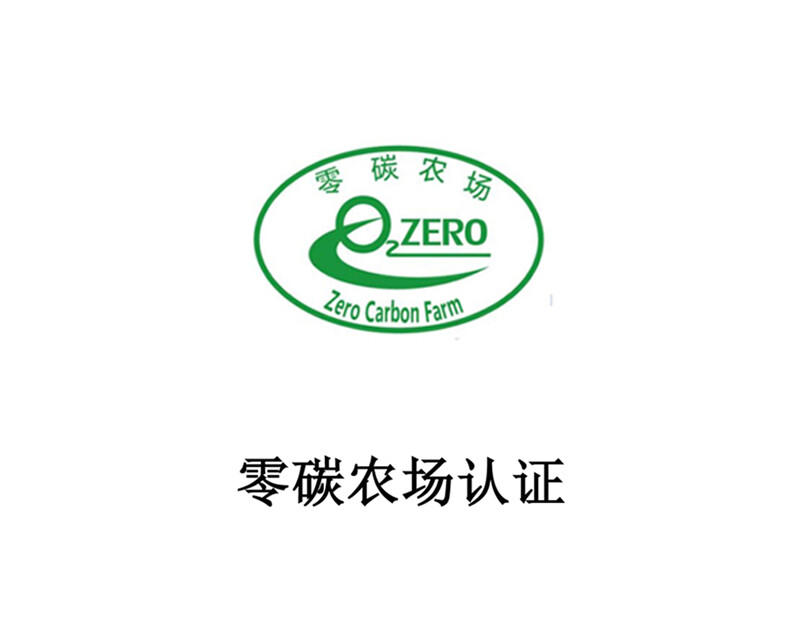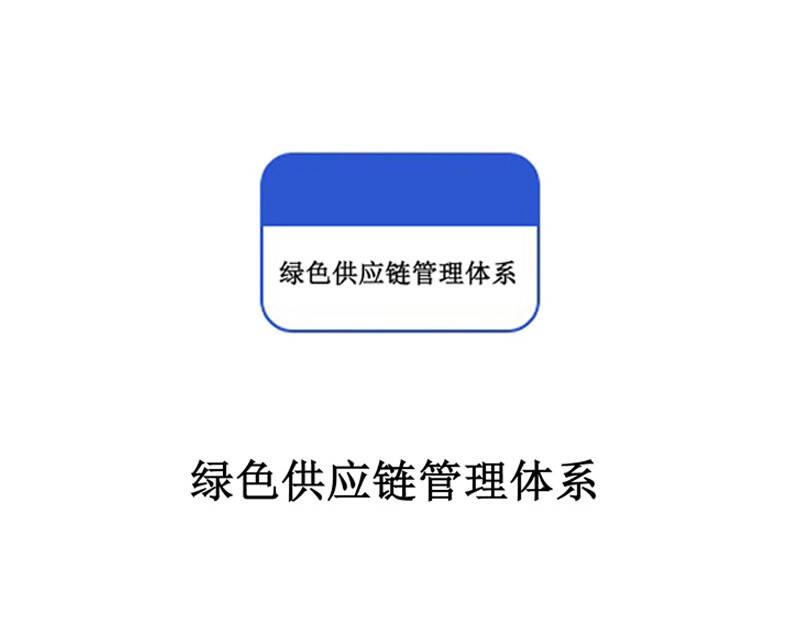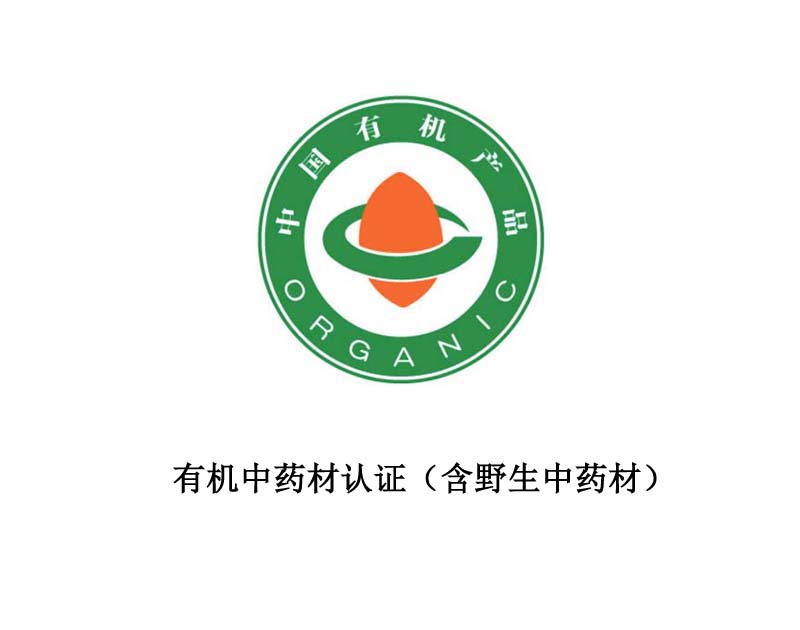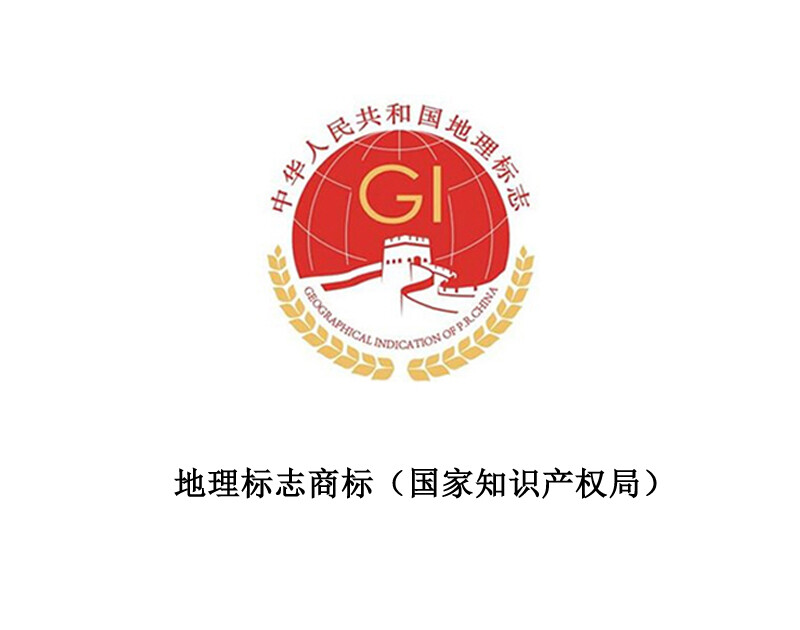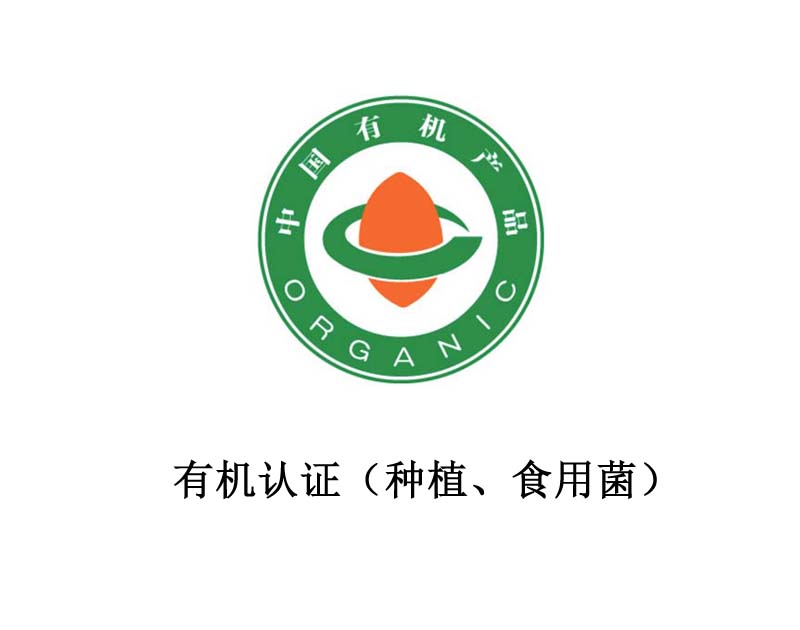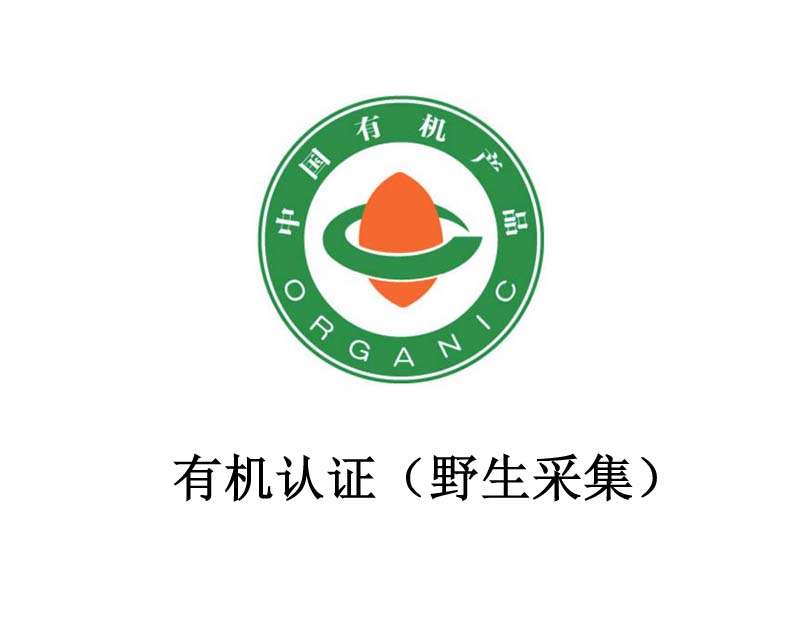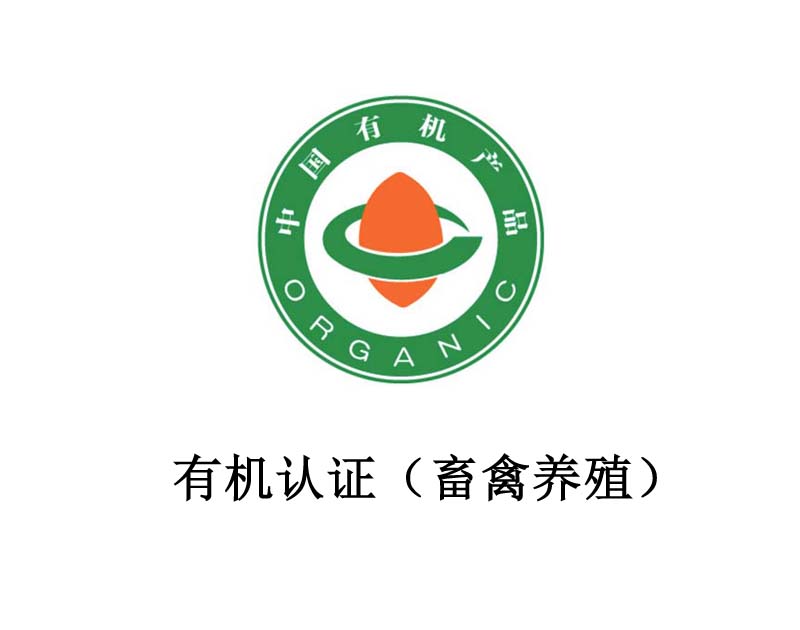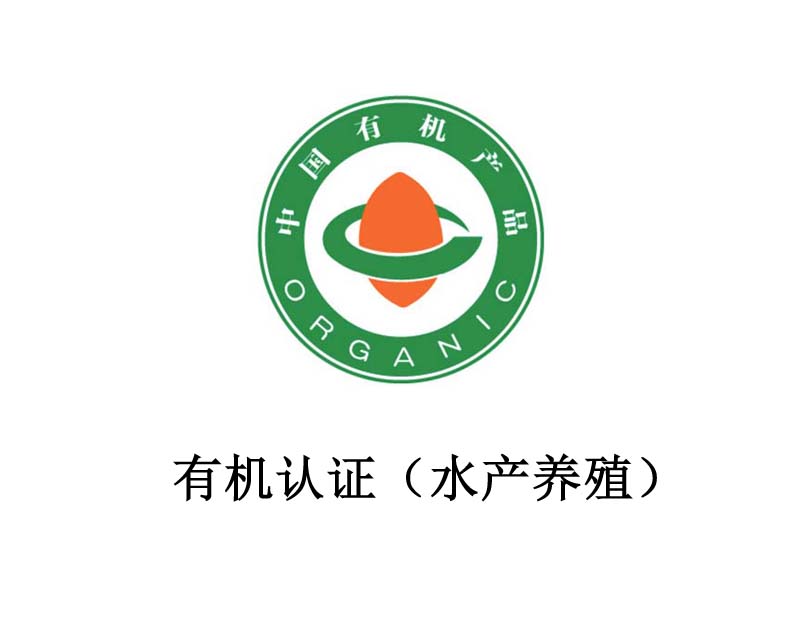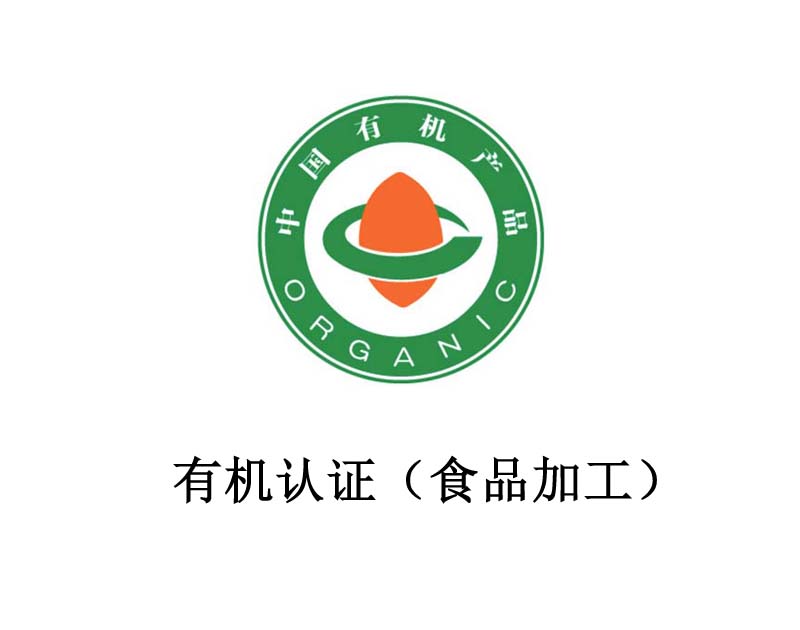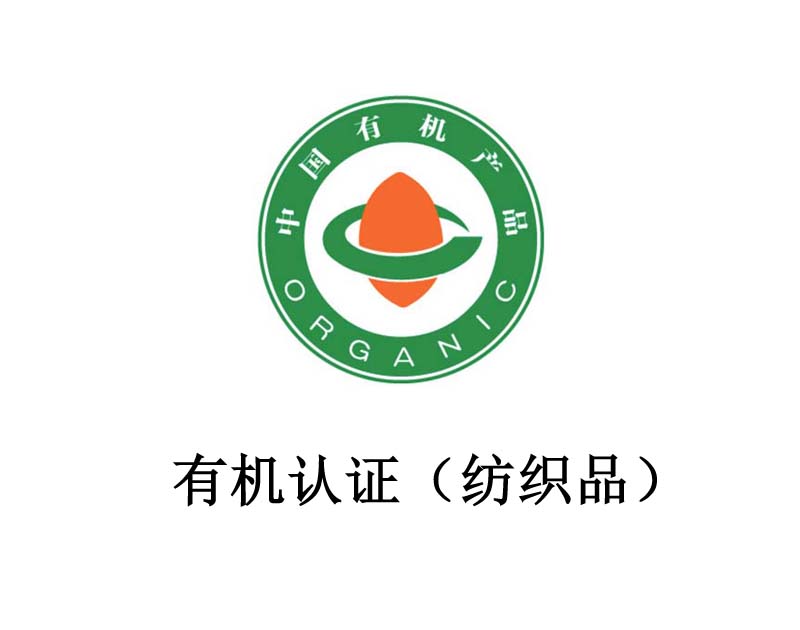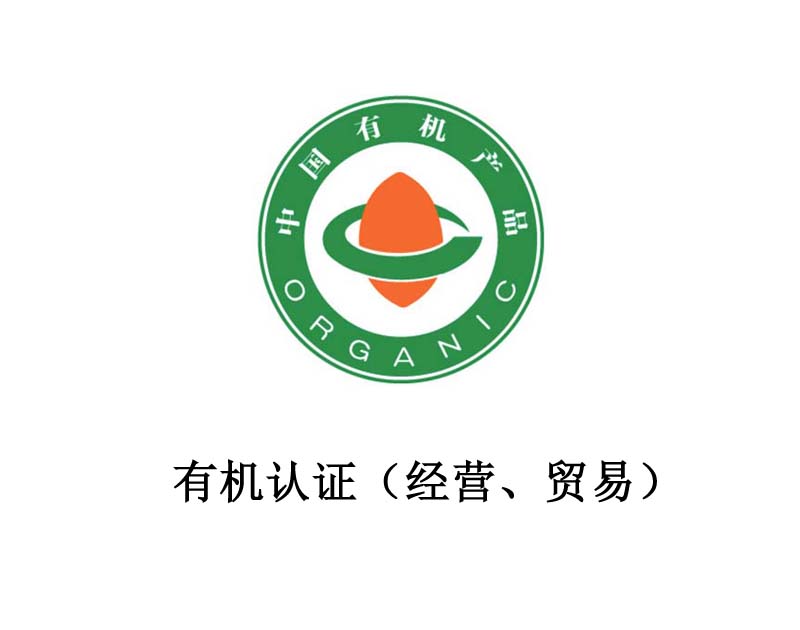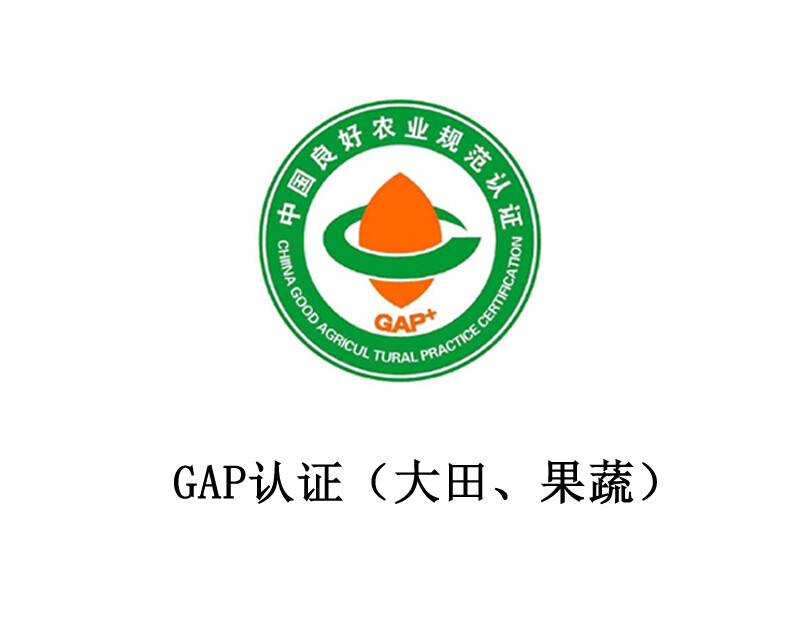Agricultural Product Food Certification Service Network
Technical Support: China Green Huaxing (Beijing) Agricultural Research Institute
Copyright: Guohuan Organic Agricultural Products (Dezhou) Co., Ltd
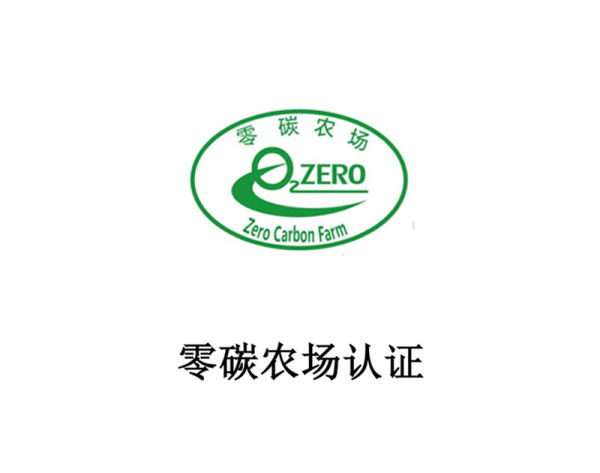
Definition of Zero-carbon Farm
Based on the evaluation considering only the impact type of climate change, farm carbon emissions expressed in carbon dioxide equivalent are less than or equal to the greenhouse gas emission reduction and carbon sequestration within the farm during the planting season.
Soil carbon sequestration refers to the increase in carbon pool in farmland soil formed by agricultural operations due to the increase of organic matter through artificial measures.
Process emissions refer to greenhouse gas emissions generated by production processes such as planting and fertilization, waste disposal, and rice field flooding during the production of agricultural products, as well as changes in soil organic carbon reserves.
[Basic requirements for zero-carbon farms]:
1. The farm should have clear boundaries and legal land use rights and/or legal business certification documents.
2. Farm producers or operators should establish and optimize relevant sustainable agricultural management systems, institutions and implementation plans.
3. Farms should implement new technologies or projects for emission reduction and carbon fixation, and actively adopt measures such as soil carbon fixation, crop-livestock cycle, biodiversity, reduction of fertilizers and pesticides, and water and energy conservation.
4. Agricultural production data should be kept intact, documented and recorded, and the use of digital technology for collection and monitoring is encouraged to meet the needs of calculating farm carbon emissions and carbon sequestration and emission reductions.
【Greenhouse gas emission range】:
When conducting a farm carbon emissions assessment, the amount of greenhouse gases emitted into and removed from the atmosphere should be recorded. Assessments of greenhouse gas emissions and removals come from a variety of processes, including but not limited to:
a) Energy use; b) Combustion process; c) Planting process; d) Fertilizer application process; e) Waste disposal process.
【Zero Carbon Farm Evaluation】
Farm carbon emissions and carbon sequestration reduction should have the same boundaries and time periods. When the farm's greenhouse gas emissions are less than or equal to the carbon sequestration reduction generated by the farm's implementation of carbon sequestration reduction projects, it can be identified as a zero-carbon farm and an evaluation report will be issued.
Crops that meet the technical specifications for zero-carbon agricultural product evaluation can apply for zero-carbon agricultural product certification.
